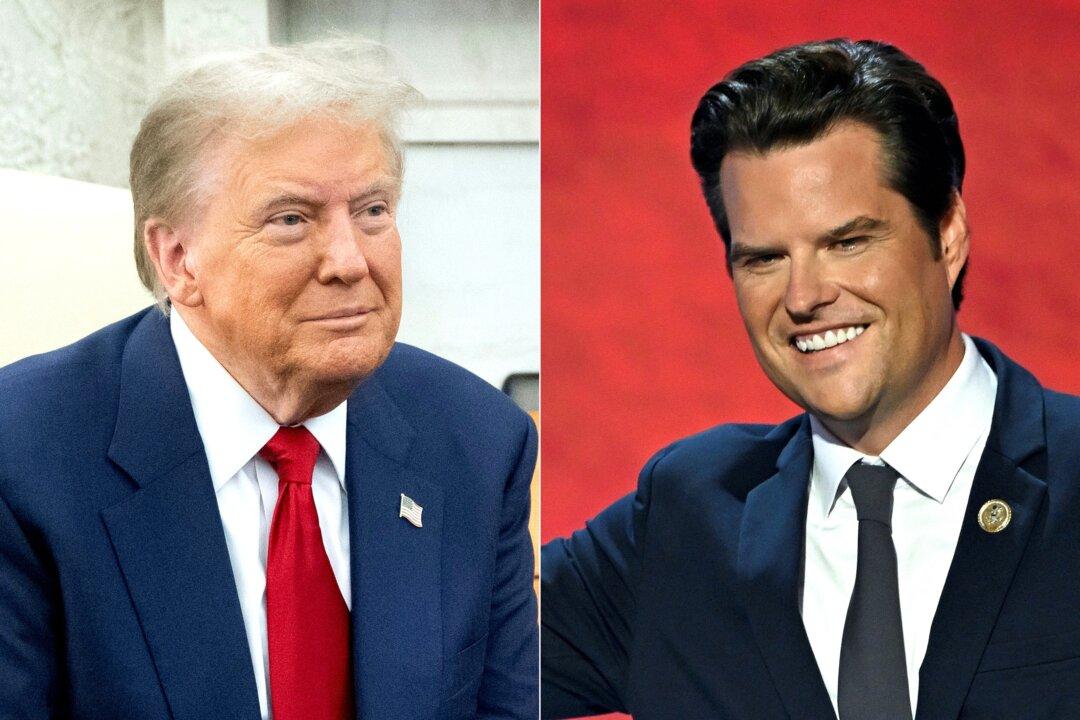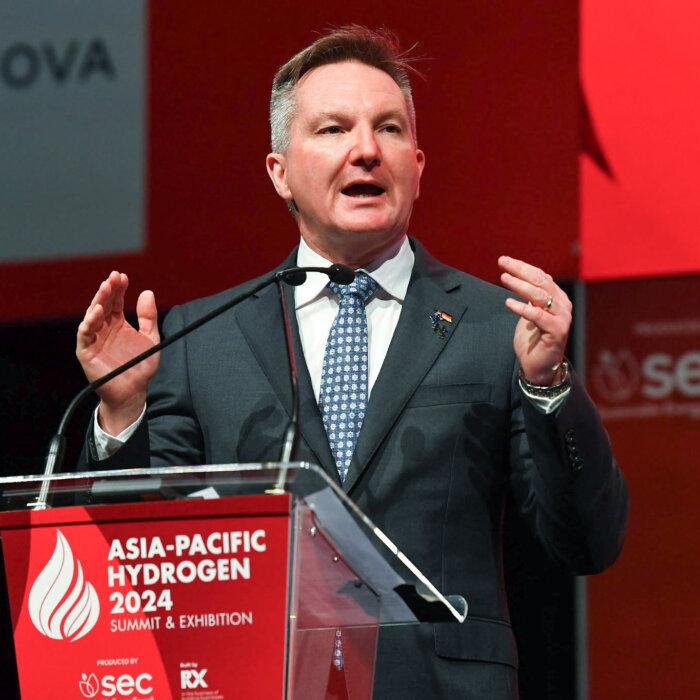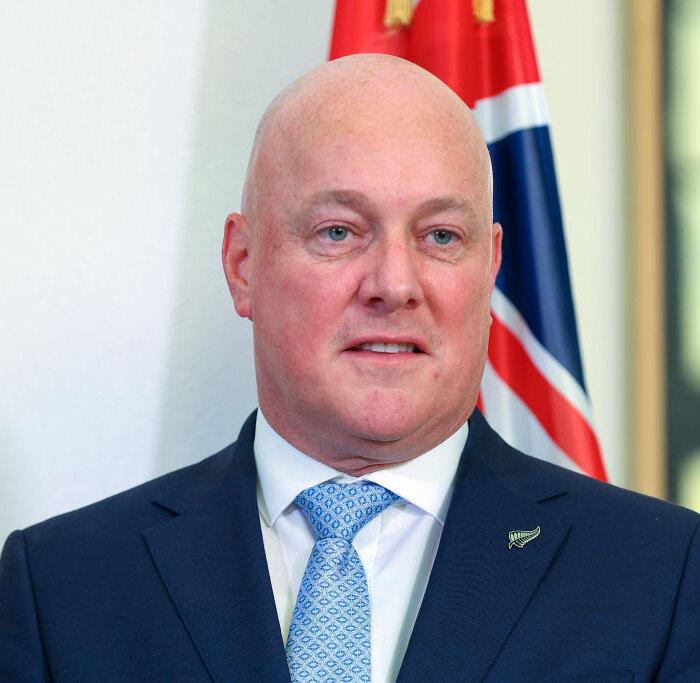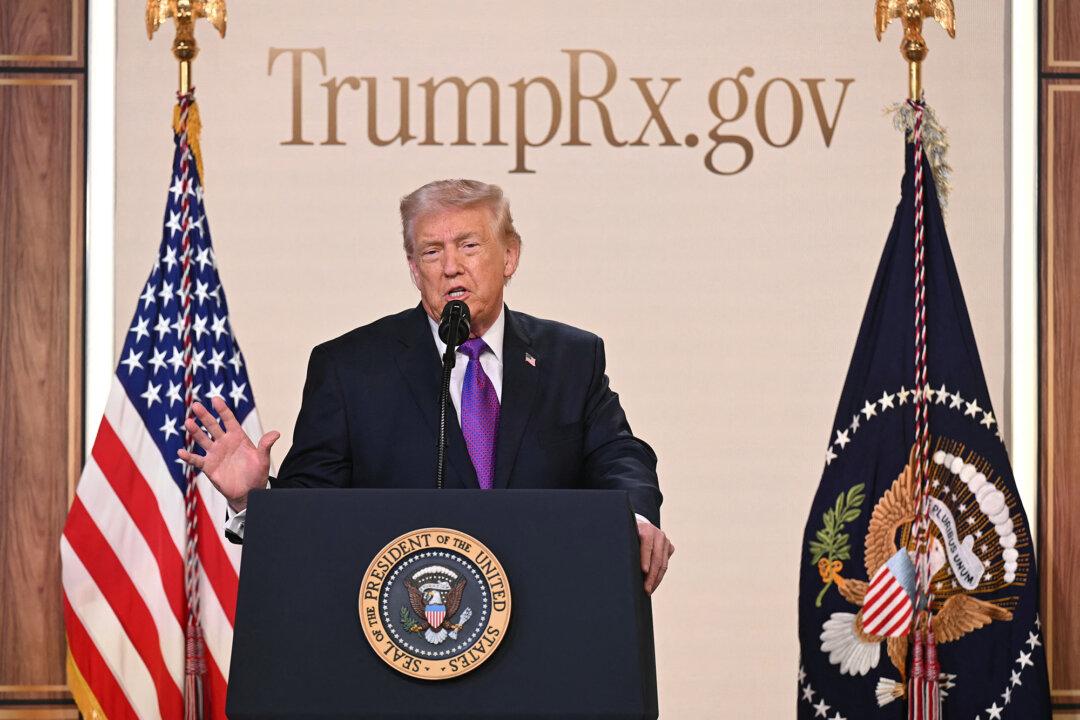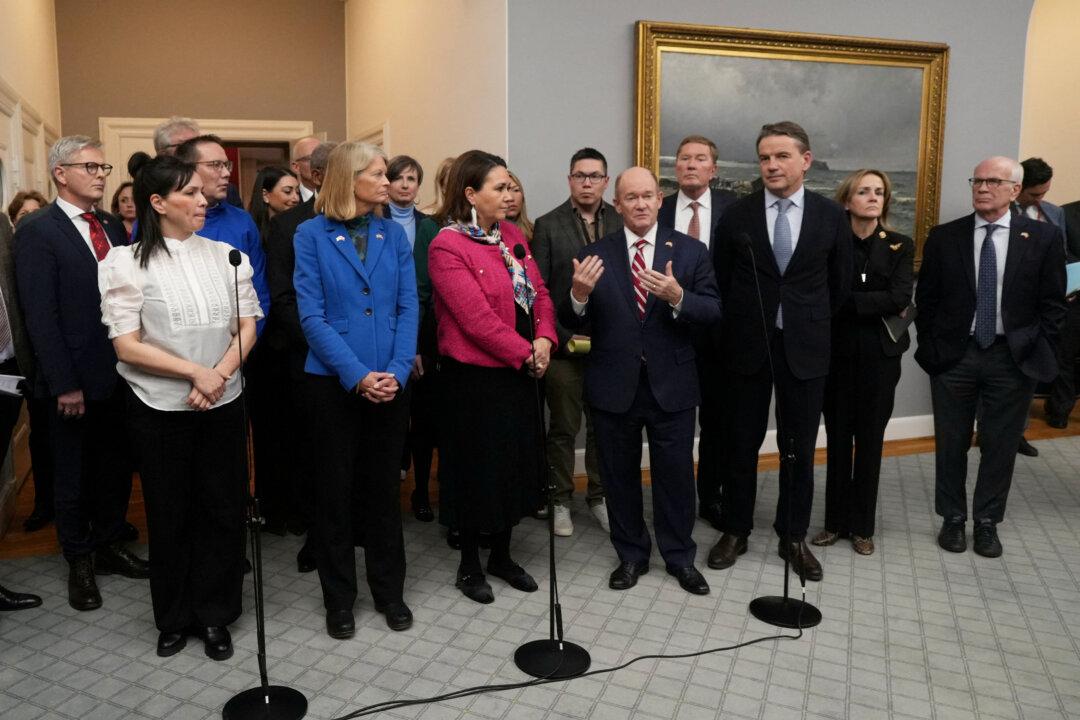President-elect Donald Trump has already begun picking his Cabinet nominees, barely a week after winning the presidential election. With 14 members chosen so far to be his aides, he appears to be wasting no time.
The Cabinet consists of all Trump’s top advisers and department heads in areas such as Defense, Treasury, and Justice, making up a 27-member Cabinet that will advise the president and help run the federal government.
With Trump’s promise to “Make America Great Again,” some of his nominations appear to align more with his vision of government reestablishment rather than the traditional Washington constabulary.
As part of the checks and balances system, all nominees will normally need to be interviewed by each Senate’s relevant committees, but with Republicans now controlling the Senate, the process could be made easier for Trump.
Incoming Senate Majority Leader John Thune (R-S.D.) has allowed for “recess appointments,” a constitutional clause that allows for a president to temporarily appoint officials, typically for a year, without the need for Senate approval, which could help Trump with some of his more controversial picks.
Robert F. Kennedy Jr., son of late President John F. Kennedy, has been nominated for Secretary for the Department of Health and Human Services (HHS), responsible for overseeing 13 separate agencies including the Centers for Disease Control and Prevention (CDC), the Food and Drug Administration (FDA), and the National Institutes of Health (NIH).
As part of their “Make America Healthy Again” election campaign operative, aiming to fight chronic disease, improve children’s health, and address corporate capture, Kennedy has said he will eliminate the nutrition departments of the FDA, and remodel the NIH, regulating chemicals in foods, and taking on big pharma.
Rep. Matt Gaetz (R-Fla.) has been picked to be attorney general, a position that would lead the U.S. government’s Justice Department, and oversee the FBI and DEA.
Previously a member of the House Select Subcommittee on the Weaponization of the Federal Government, Gaetz has been tasked with ending “weaponized government” and protecting the borders. A former lawyer, at 42, Gaetz has been an outspoken member of congress since 2017, a stout Trump supporter and firebrand, being very critical of the Washington establishment.
Gaetz was probed by U.S. officials for allegations of sexual misconduct, which he denies, and no charges have been brought.
Elon Musk and Vivek Ramaswamy have been asked to lead a new department of Government Efficiency, focused on reducing waste and cutting excess regulation.
Although they are working purely on a voluntary basis and not part of the official cabinet, Trump believes this could be essential to tackling the United States’ $35 trillion debt problem.
Longtime China Hawk and three-term senator Marco Rubio is Trump’s pick for Secretary of State, which would mean a more assertive position for the United States in international diplomacy delivering its “America First” policy.
He has long opposed Ukraine funding, calling for the war to be brought to an end and strongly opposes China’s human rights violations and growing aggression, having served on the the House Select Committee on China.
Pete Hegseth, longtime Fox News host and Army Combat veteran, has been asked to take on the position of secretary of defense, overseeing military strategy and advising the president on national security issues.
Though lacking in political experience, he is a strong political commentator and has vowed to eliminate “wokeness” bureaucracy, taking a more traditional view of the military.
Other picks include Tulsi Gabbard for director of national intelligence, Elise Stefanik for U.S. ambassador to the U.N., and South Dakota Gov. Kristi Noem for Homeland Security secretary.
